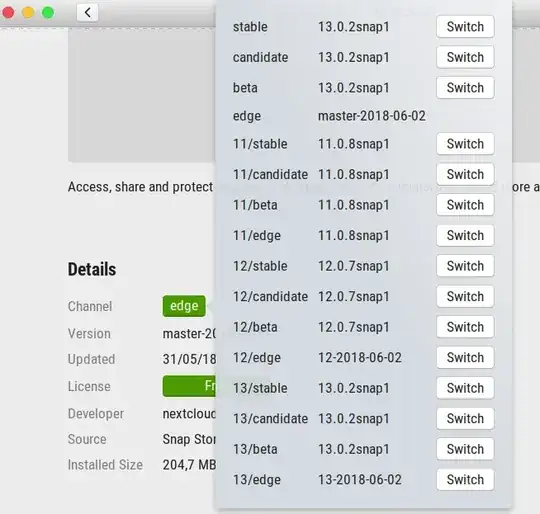Assumptions
Honestly, I do not know much about snap-packages - but this is irrelevant for this question - see below. I assume the system is significantly different from the existing one.
Does the change make sense?
Is there an actual need, strong enough? That is - is there a new use case, that is important enough to develop a new format - and the associated infrastructure?
Was it not feasible to change the current method to cover the new use cases too?
Or am I missing the point?
It is possible that what I see is mostly marketing - new names and presentation for minimal technical change, to get a chance that any body assumes it as "new and better" and it may be actually used. Also, it may be that the new packages are so closely based on the existing format that it is mostly a change in presentation to the user. That could be a good solution, of course. In this case, this question would have not much relevance.
Then, I would hope that is still useful enough to answer to side aspects. Just let me know if the question is not helpful or confusing to new users, I'm happy to delete it.
So, why do they exist?
Background
My first reaction was "That makes no sense!"
This is similar to a situation where, on the physics site, someone asked, unhappy, why nobody discusses his brilliant new ideas in answers. It looked strongly like crackpot ideas; So far from actual physical knowledge that it was hard to find a point to even start. I wrote an answer that did not touch his ideas with a single word, but explained why one would just not discuss assuming crackpot ideas - not the first case of that. The answer was actually hitting the point, I think.
If my assumptions were right, this case is similar.
But then, maybe not - let's see.
